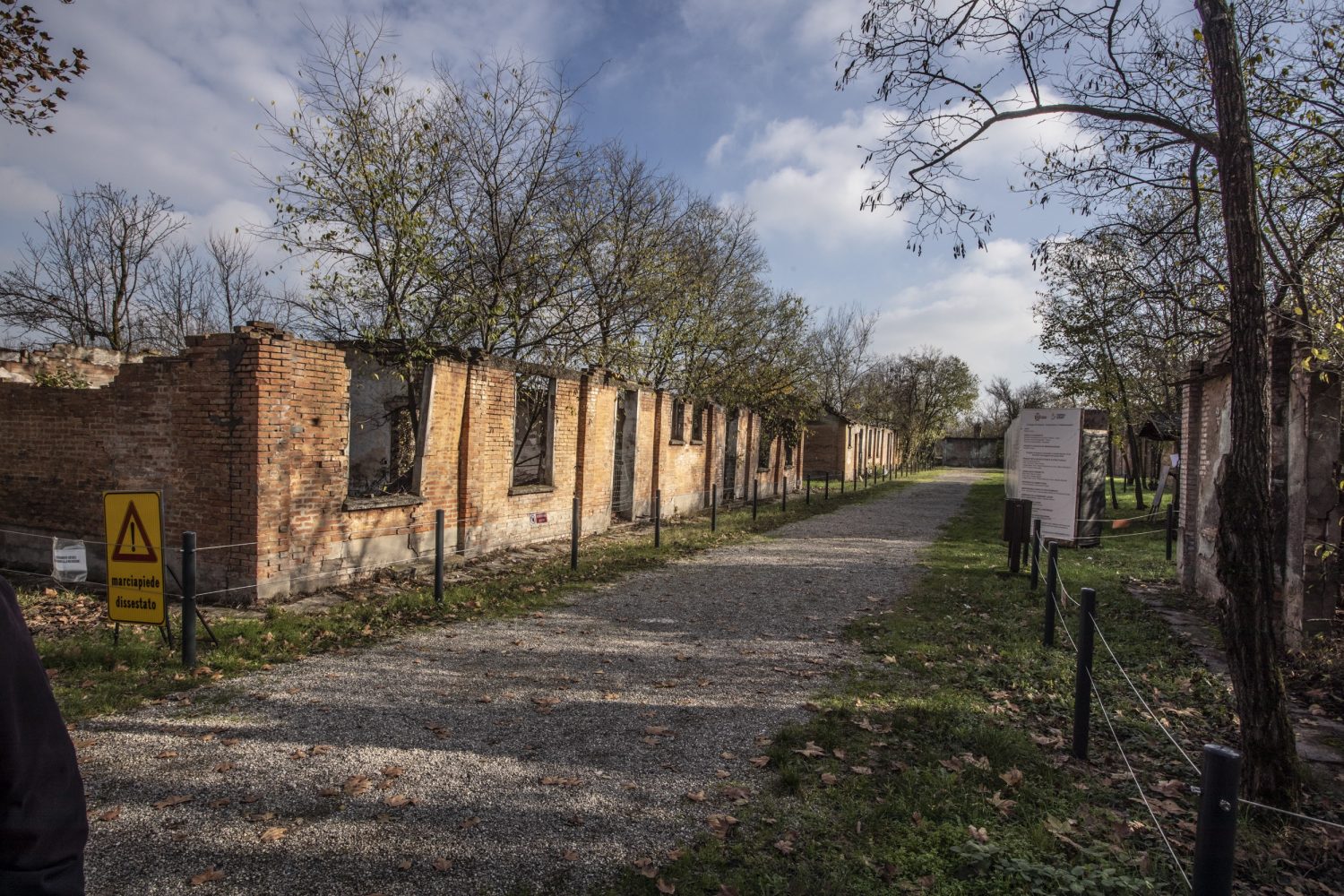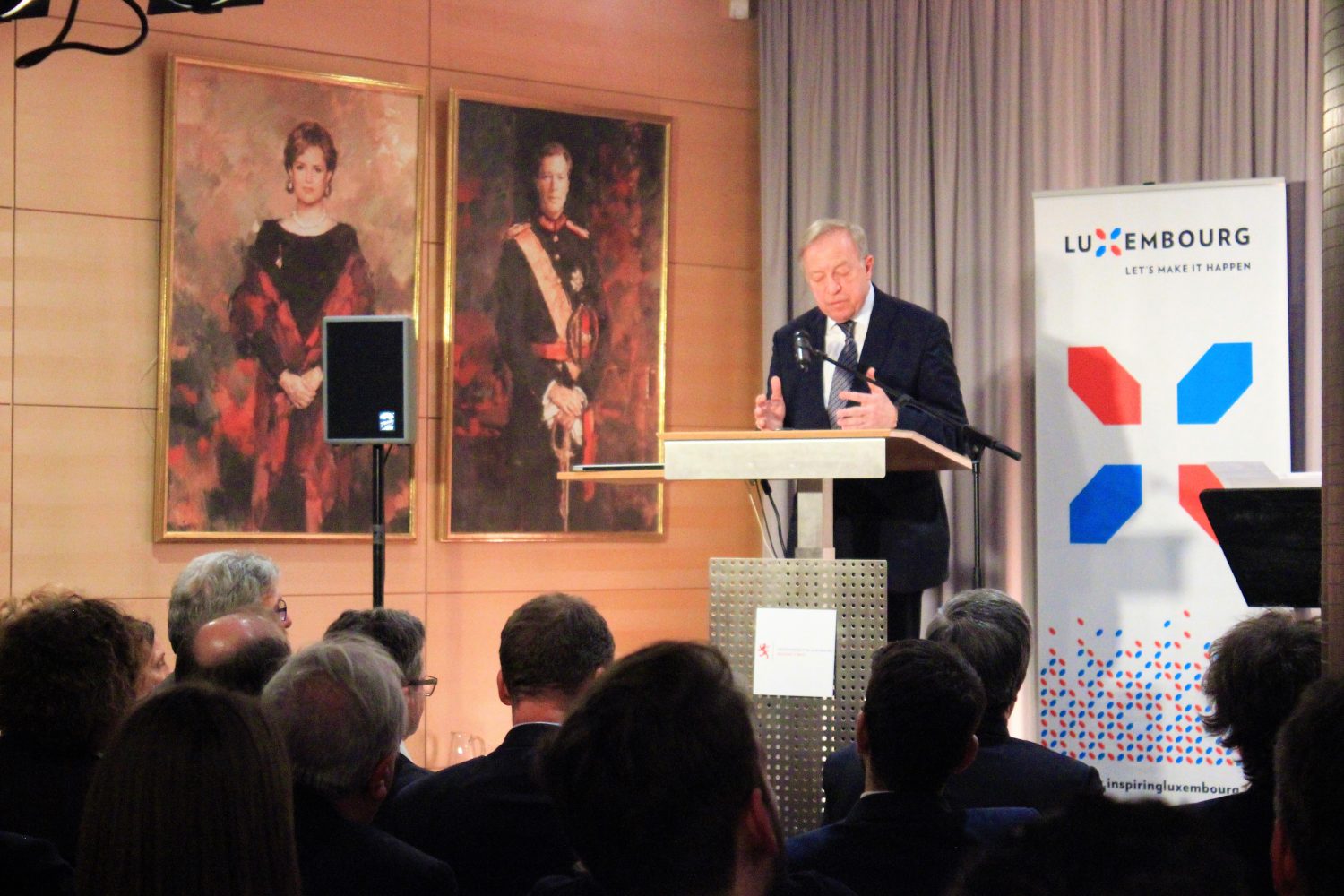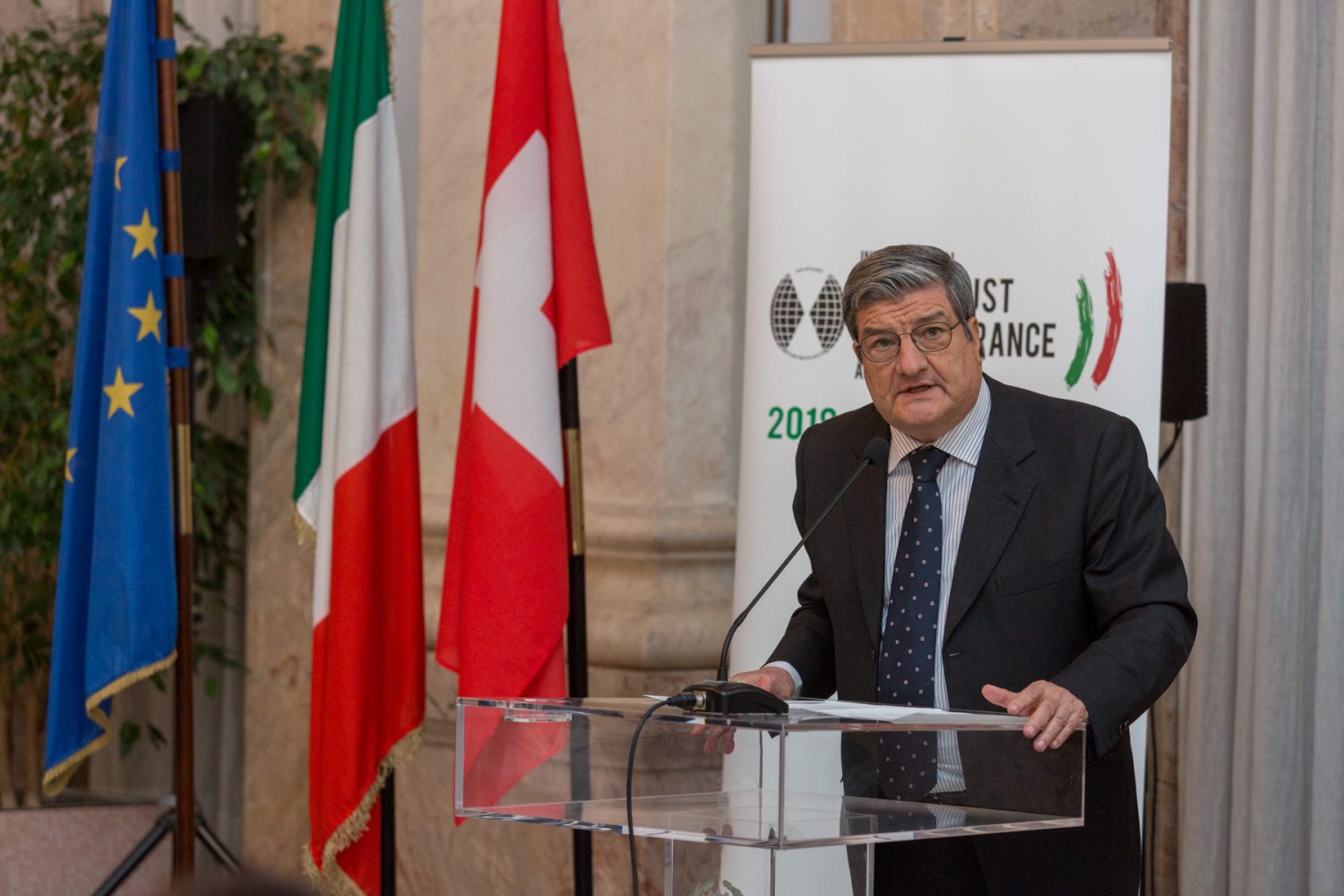


Italy takes over Chairmanship of the IHRA
BERLIN, 7.03.2018 – On 6 March, Italy assumed the Chairmanship of the International Holocaust Remembrance Alliance (IHRA).
The outgoing Chair Ambassador Benno Bättig of Switzerland handed over the Chairmanship to Ambassador Sandro De Bernardin of Italy. The handover took place at the Italian Embassy in Berlin, and was attended by members of the diplomatic corps representing IHRA’s 31 Member Countries as well as by students of the Albert Einstein Gymnasium.

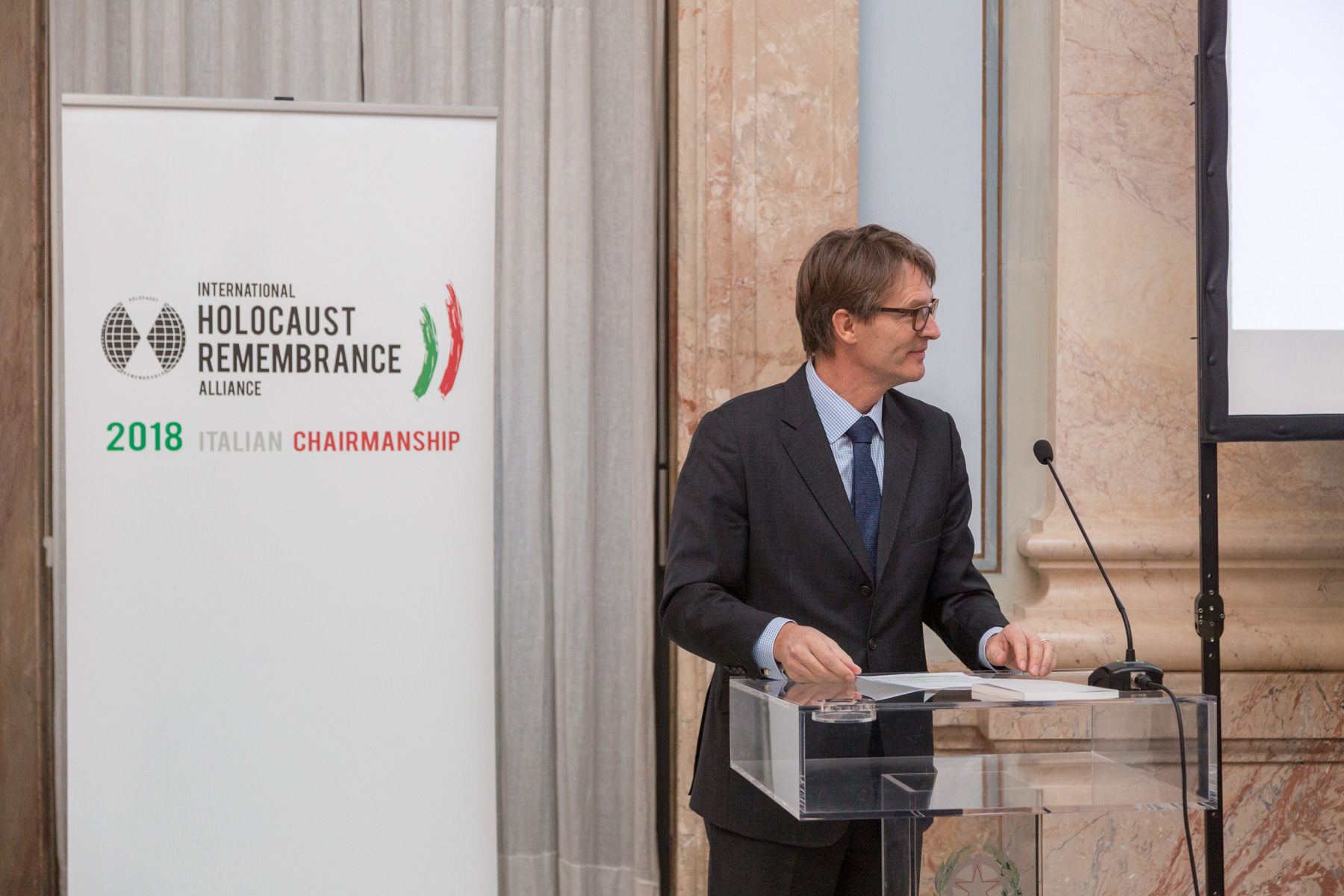
The event was opened by the Italian Ambassador to the Federal Republic of Germany, H. E. Pietro Benassi. Reflecting on the Italian chairmanship, Ambassador De Bernardin said:
“In 1938 the international community refused to recognize the signs of the times. Today the international community still needs a watchman and sentinels to alert our consciences. This is the task of the IHRA, it is our task: to ensure that awareness prevails over ignorance, responsibility over indifference.
As Primo Levi – a survivor of the Shoah – wrote: “If understanding is impossible, knowing is imperative, because what happened could happen again. Consciences – even our consciences – can be seduced and obscured again.”

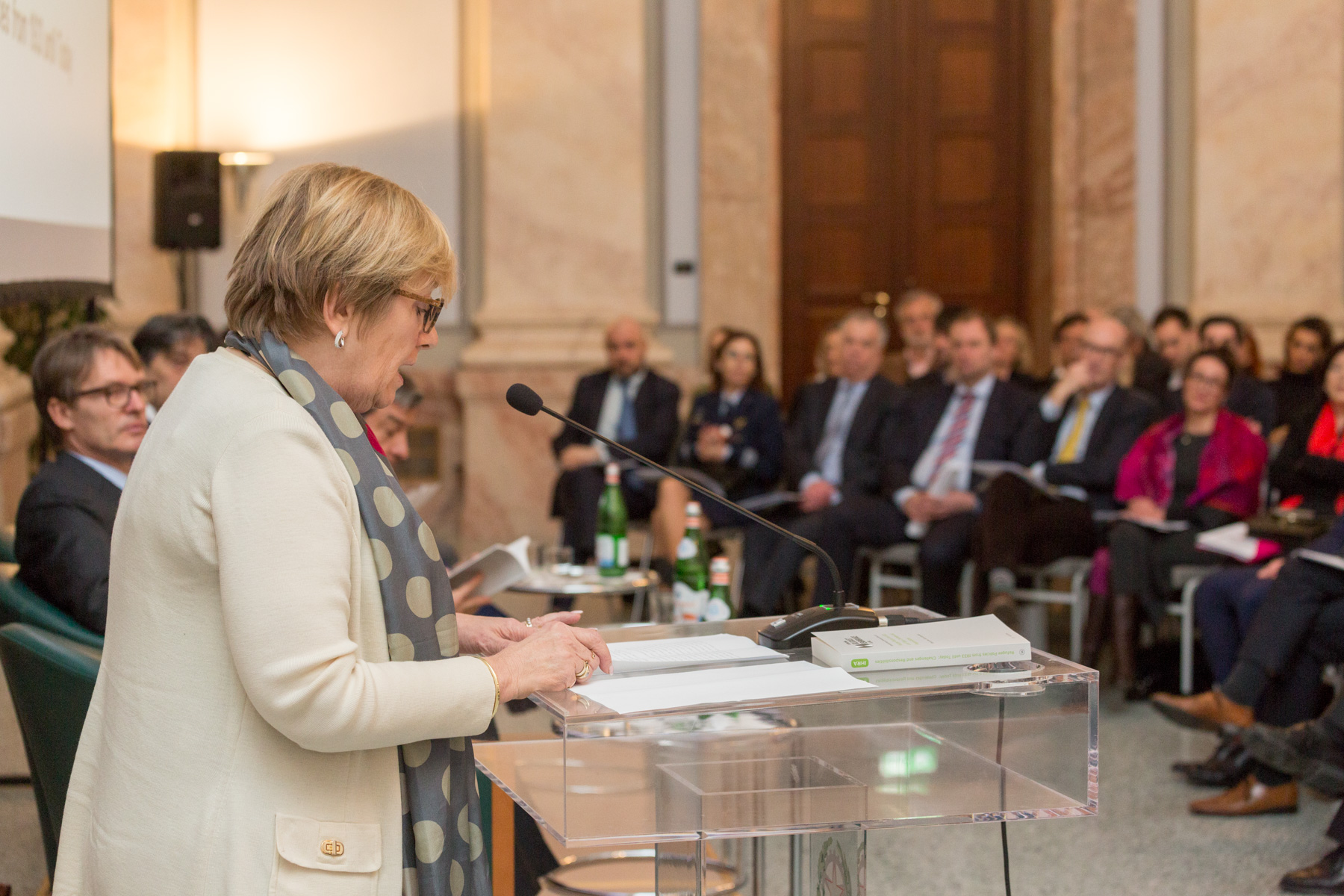
The IHRA Troika, which consists of the past, current and future chair of the organizaiton, Ambassador Baettig, Ambassador De Bernardin and Ambassador Santer (Luxembourg) noted that they looked towards Poland, a longstanding and respected member of the IHRA, with a shared concern:
“The IHRA community – including Poland – is committed to our founding document, the Stockholm Declaration, which outlines the shared commitment of our Member Countries to encourage the study of the Holocaust in all its dimensions and to uphold its truth against those who would deny it. The recently adopted legislative amendment challenges Poland’s capacity to honor this Declaration.”
Following the speeches by Ambassador Bättig and Ambassador De Bernardin, Dr. Juliane Wetzel, senior researcher at the Centre for Research on Antisemitism at the Technical University Berlin, presented IHRA’s publication “Refugee Policies from 1933 until Today: Challenges and Responsibilities”. The publication is the fourth in the IHRA series and is the outcome of the IHRA conference in 2017 on refugee policies from the 1930s to the present day held together with the Holy See. The publication focuses on what we can learn from the past in order to strengthen ethically responsible and rational policymaking today.
Prof. Dr. Giulio Busi, director of the Institute of Jewish Studies at the Freie Universität Berlin, held a presentation entitled ‘National self-perception and Holocaust education: The Case of Italy’ which focused on contemporary debates on the topic of combatting Holocaust distortion as well as on how Holocaust education can be improved.
Giuseppe Pierro, Deputy Head of the Italian Delegation to the IHRA, presented an animated film “The Star of Andra and Tati” that was a joint project of the Italian Ministry of Education, University and Research (MIUR), Radiotelevisione Italiana (RAI) and Larcadarte. The animation tells the story of the Bucci sisters who were deported to Auschwitz-Birkenau during Second World War at the ages of 4 and 6. Mr Pierro also opened an exhibition which features a selection of work created by Italian students as part of the 16th edition of the “Young people remember the Shoah” Competition.
Italy has been a member of the IHRA since 1999, and will host two plenary meetings during its chairmanship: the first in Rome in May and the second in Ferrara in November.
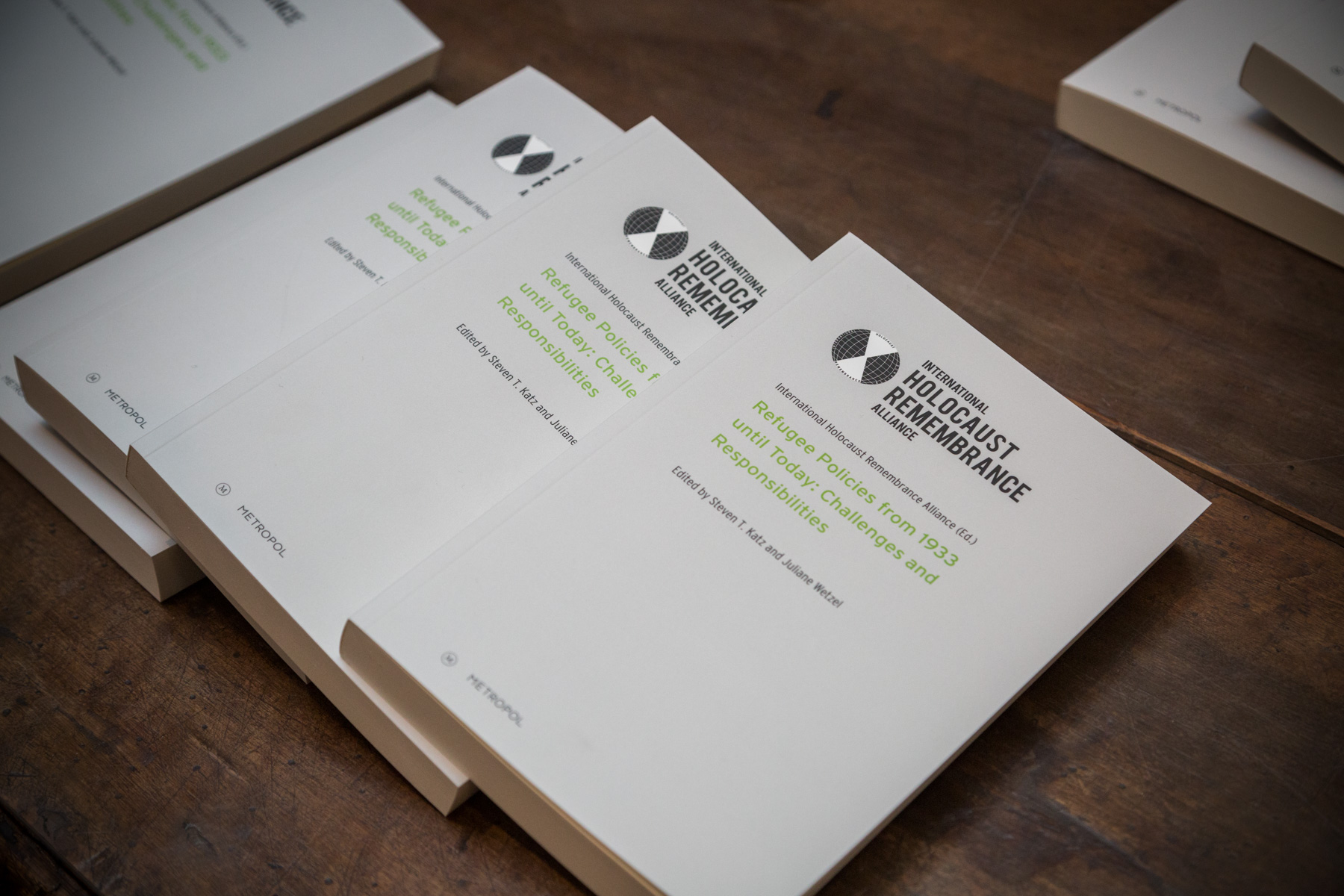
The International Holocaust Remembrance Alliance unites governments and experts to strengthen, advance and promote Holocaust education, remembrance and research worldwide and to uphold the commitments of the 2000 Stockholm Declaration.
Contact:
info@holocaustremembrance.com
+49 30 26396660

